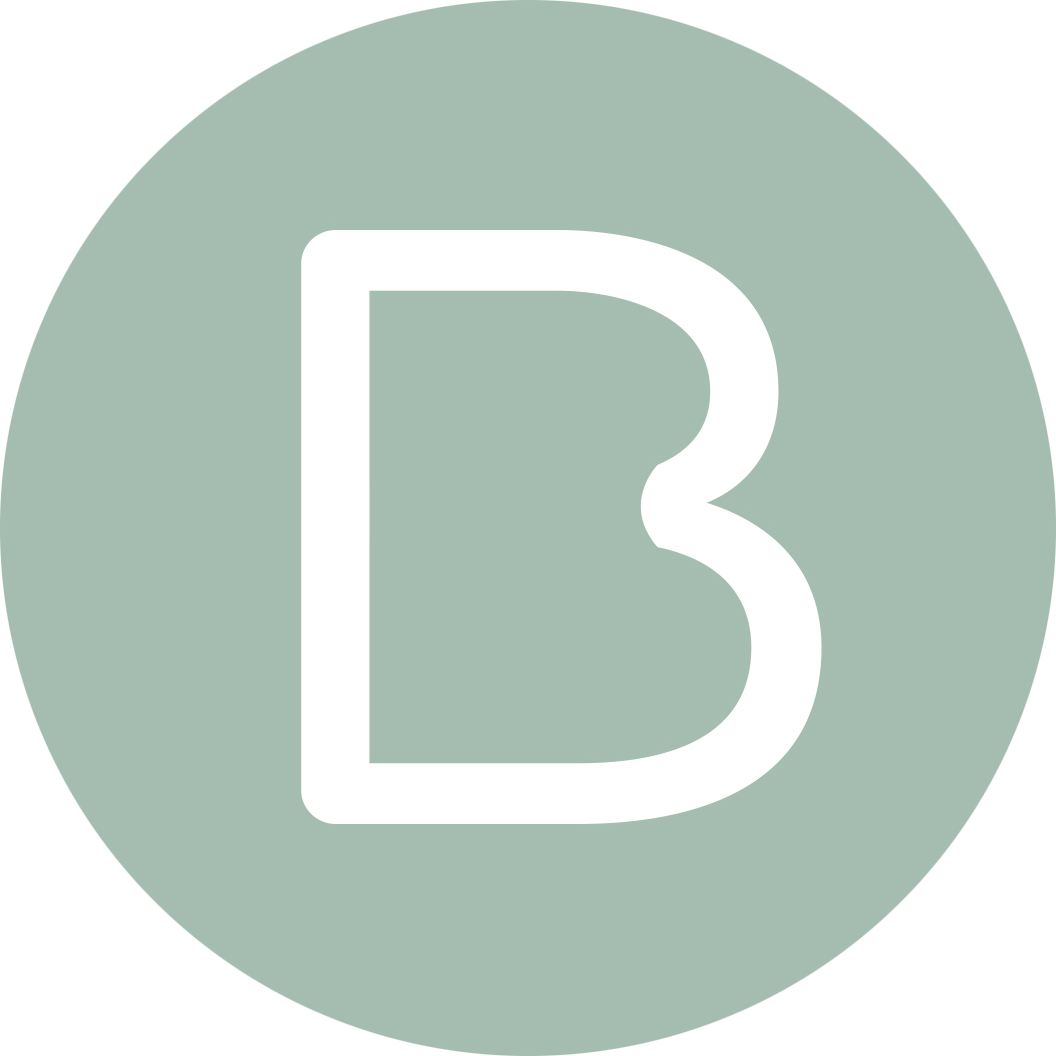You've probably heard this many times before, and it's still a non-negotiable in interviewing etiquette: never speak poorly of a current or former employer! When it comes to articulating your reasons for leaving a job, maintaining professionalism and positivity is key. Even if it wasn’t a positive experience for you, it’s important to find a way to present the situation in the best possible light. This requires finesse and tact when it involves a toxic workplace culture or a difficult executive.
Building a positive and trusting relationship with your Executive Assistant is essential for a successful partnership. Trust is established by understanding one another’s communication styles, preferences, and goals. In order to achieve this, both parties need to create time to talk through company priorities, deadlines, and any potential challenges. Finding a great long-term EA is a gift so it is worth the upfront cost of your time and energy if you want to see a true return on your investment! ☞ keep reading …
This is a piece of feedback we consistently provide to our network because it holds such importance: please have a professional headshot for your LinkedIn profile! A professional headshot demonstrates your professionalism and sets the tone for your entire profile. Save the car selfies, night-out snapshots, and family portraits for platforms like Facebook and Instagram. ☞ keep reading …
In recent years, the role of the Executive Assistant has undergone a significant transformation. What was once a role primarily focused on administrative tasks has now evolved into a strategic partnership, with EAs acting as trusted extensions of their executives. EAs are now commonly taking on higher-level responsibilities like communications on behalf of the executive office, inbox management, and project management. ☞ keep reading …
Hiring an EA as a first-time founder can be a daunting task, but an EA can truly change your life and productivity. Here are some questions to ask yourself initially: ☞ keep reading …






